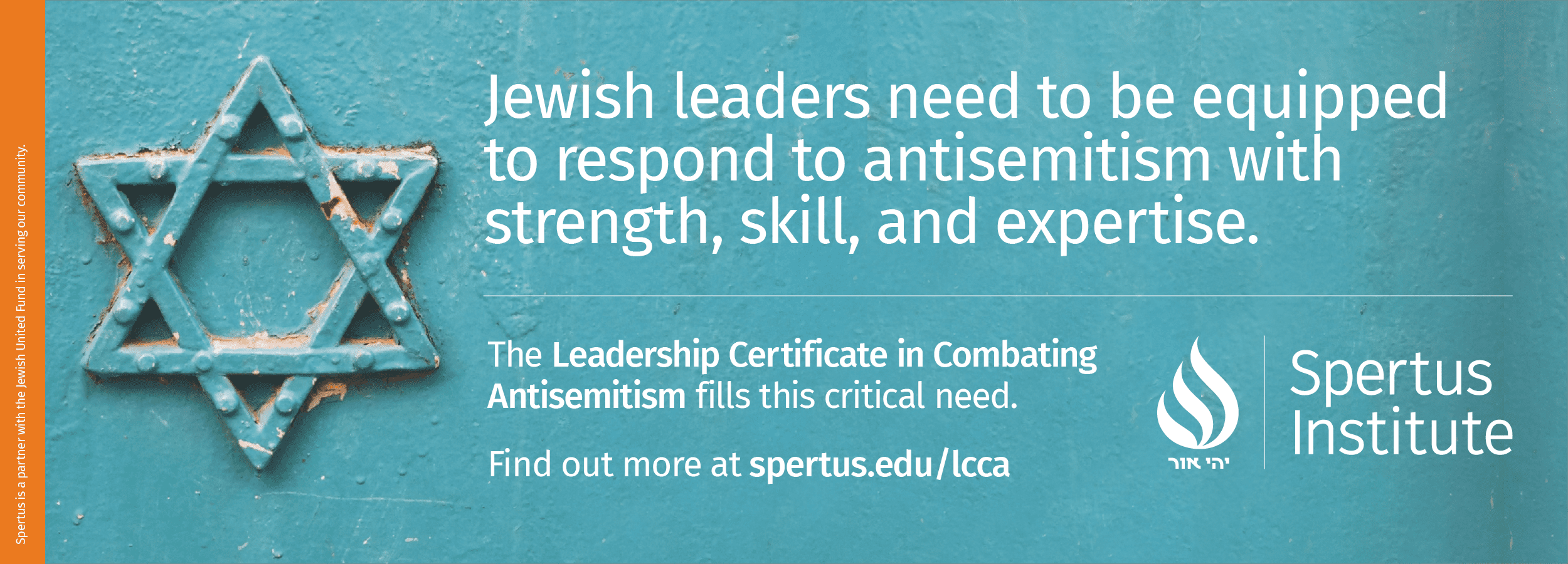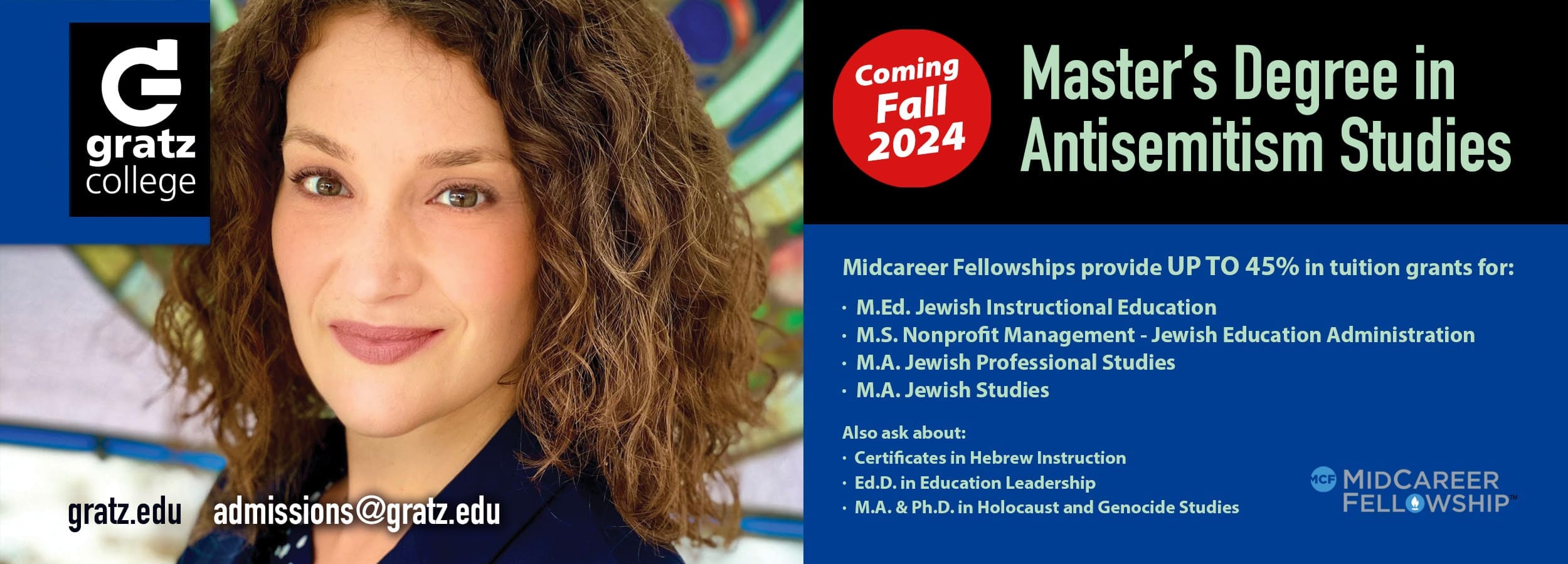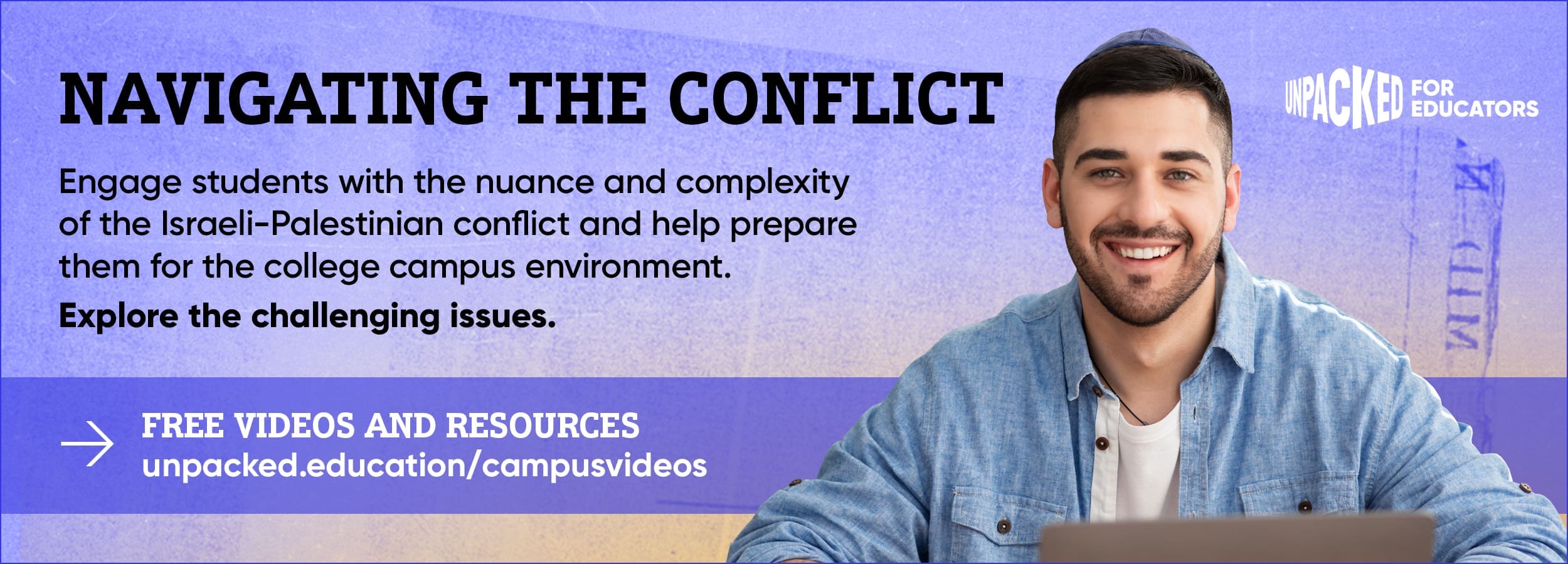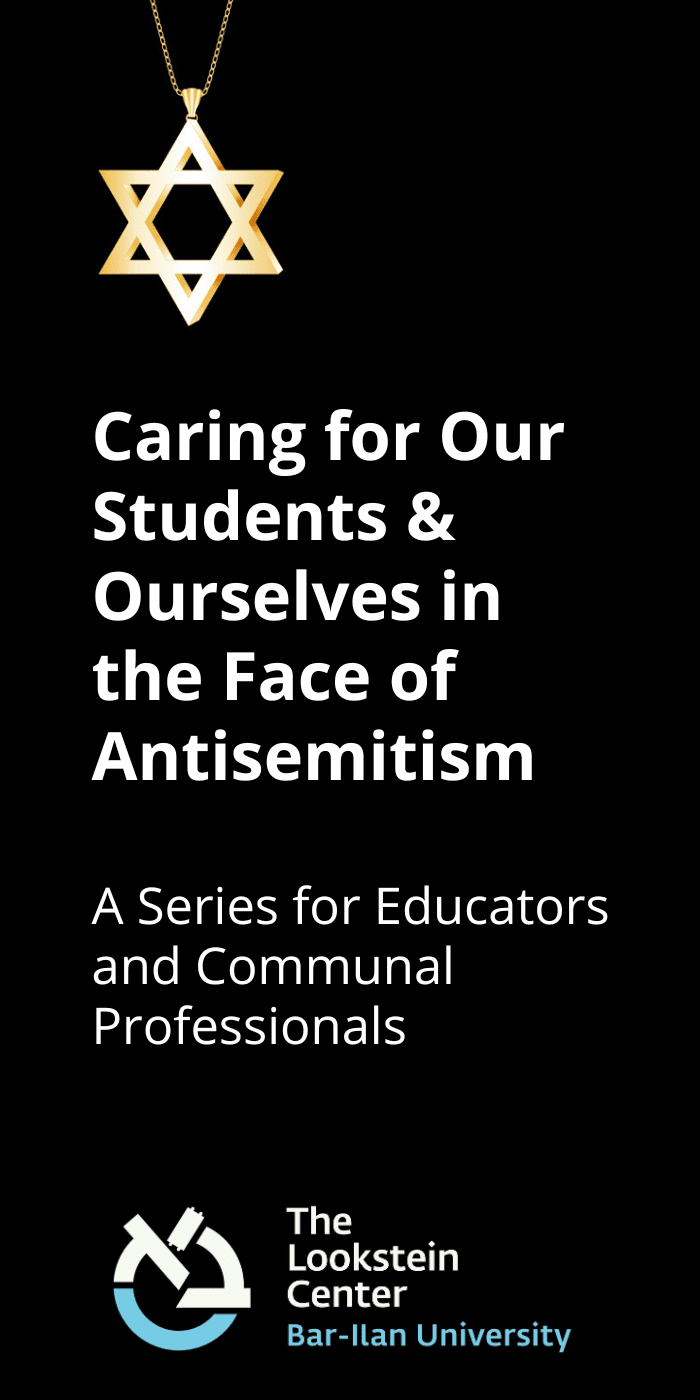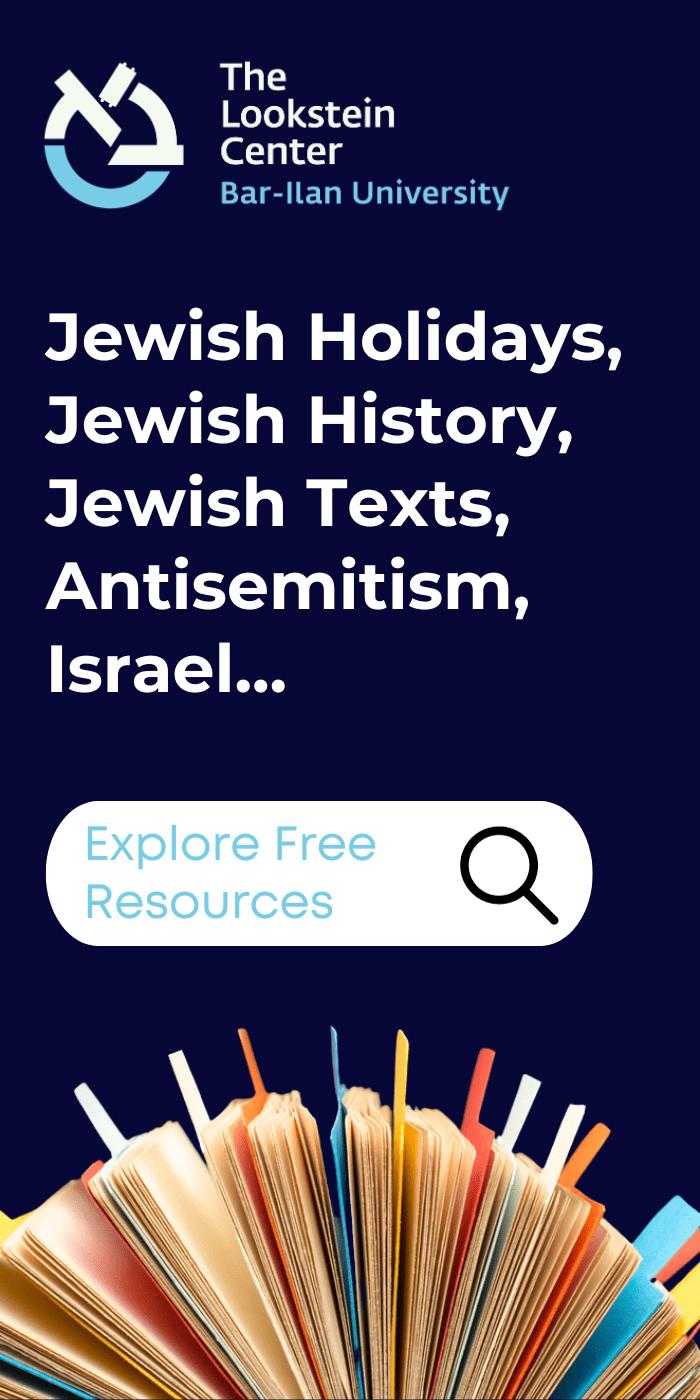The following article was written in December 2023 and addesses the aftermath of October 7th in Jewish communities around the world. Below this, please find Jesse Tannetta’s original article from the Fall 2021 Jewish Educational Leadership issue, Jewish Education Amidst Rising Antisemitism.
Two years ago, I wrote about the impersonal and systemic nature of antisemitism: that this hatred is embedded in human society, always lurking below the surface, and waiting for a spark to ignite. Since October 7th, I think my analysis has proven accurate. We have seen a devastating uptick in antisemitism, including appalling rhetoric, the spread of antisemitic tropes, conspiracy theories, and disinformation, and increased violence against Jews.
As the United States has finally started to engage in a racial reckoning with the stains of slavery, Jim Crow Laws, and ongoing racism and discrimination, words and ideas such as systemic, unconscious bias, and structural racism are now being discussed and debated, and new perspectives are arising on how to teach the past accurately and how to improve the present. What is often missing from these conversations is how Jews have been the victims of discrimination for two millennia throughout the world, and for centuries here in the United States. The history of the Jewish People involves a myriad of examples of laws restricting where Jews could live, what they could do for work, where and how many could go to school, and even where they were allowed to bury their dead. The long history of discrimination of Jews includes Europe and the Middle East, but also the United States.
The governmental systems that have promoted and facilitated legal and lawful discrimination of Jews is emboldened by the embracing of antisemitic tropes, rhetoric, and violence against Jews that all too often is justified or flatly ignored. To no other group of people would it be acceptable to promote a genocide without swift, immediate, and unequivocal backlash. No other group would need to continue to try and prove that a barbaric assault was carried out, one which the perpetrators of Hamas filmed, celebrated, and promised to do again and again. And no other group would need to continue to argue for the return of hostages held by a terrorist organization.
These systems and structures demonstrate the systemic nature of antisemitism and help explain, in the current conflict between Israel and Hamas, why so many have viewed the policies, actions, and information coming from Israel with skepticism or outright denial. People are conditioned to hate Jews and anti-Israel sentiment has become the vehicle in this moment. We have seen this in the ways the news reports the conflict, through violent rhetoric, and in disgusting posters.
Classic antisemitic tropes that portray Jews as obsessed with power, money, and as bloodthirsty murderers are everywhere. The acceptance of these myths allows for irresponsible reporting and the unending spewing of antisemitism in the cesspools of social media. It is why many continue to peddle misinformation and disinformation about the conflict, painting Israel as an aggressor infatuated with killing civilians. The calls of Israel committing genocide are especially problematic, as they seek to blame Israel for a horror that was done to Jews in the Holocaust. This is not only inaccurate, but deeply hurtful and clearly antisemitic. Scroll through any social media feed and you’ll find a plethora of antisemitic dogwhistles that embolden others to more overt and extreme views.
Since October 7th, it has been especially painful to see the virulent antisemitism coming from the political left here in the United States, and not just on the fringe. Groups that have been supporters for racial equality, for women’s rights, and for democracy have betrayed the Jewish community, many of which stood beside them as allies. It is a deep and troubling betrayal, one incubated by the systemic nature of antisemitism and yet one that is deeply personal. As I concluded my article two years ago, I acknowledged how personally devastating antisemitism can be to those who face it while recognizing that myself, as a non-Jew, would likely never have to endure it. October 7th changed that. The intensity of the hatred that has erupted is poisoning every aspect of American society.
For those of us who talk and teach about antisemitism, we know it is an illogical and baseless hatred ingrained in our society. We know that education and exposing how ridiculous it is to believe antisemitic tropes is necessary to combat it. All that remains true, but we must also start talking more about Israel, its roots, and the Jewish people who have lived there continuously for thousands of years. As someone who was fortunate enough to visit there in 2022, there is no place on Earth like it. Let us be committed to telling the story of the Jewish people, the importance of Israel as a multicultural democracy in the Middle East, and celebrate its existence for the good of Jews and for the good of mankind before the dangerous and destructive force of antisemitism consumes us all.
THE IMPERSONAL AND SYSTEMIC NATURE OF ANTISEMITISM
In the United States and across the globe, there is an all-out assault on Jews arising from the political left, political right, and seemingly everywhere in between. From virulent and overt violence to the dog whistles of antisemitic tropes, one can see antisemitism alive and growing in almost every facet of life. In a survey conducted by ADL, over 1 billion out of 4 billion people surveyed across the world harbor antisemitic attitudes. That is over 25%. As the Program Manager for Echoes & Reflections, my career is focused on helping secondary educators effectively and responsibly teach about the Holocaust and contemporary antisemitism. This work has been inspired by my previous role in the classroom and the reaction to antisemitism I saw in my own students.
As a non-Jew teaching in Catholic high schools, I am almost positive that I never had a Jewish student. By my sixth year teaching in 2019, the project Eva’s Stories premiered in January on Instagram. Filmed utilizing the platform’s unique features, it was a modern way to tell the story of one person’s experience of the Holocaust. Although I mostly taught Catholic theology, I often engaged my students with contemporary issues, what was happening in the news, and what I was learning in my graduate program in Holocaust and Genocide Studies. Before I started the day’s lesson, we watched the first few stories posted on the Instagram account and discussed briefly what the students thought about telling such an important story using the platform.
With our conversation finished, I went over to my computer to change the big screen to project my PowerPoint for that day’s lesson. A student spoke up and asked what the echo symbol in the comment section was ((())). I answered, informing the student that it was a tool used by antisemites to denote who was Jewish on the internet and thus open them up to harassment and vitriol. I remember saying it matter-of-factly. Even though this student didn’t know what the echo symbol was, I assumed they knew that Jews were constantly bombarded with antisemitic abuse on the internet. I was mistaken. The student was horrified by my simple explanation. She was completely unaware of the cesspool of violent Jew-hate that floods the internet. Although probably not the safest response in hindsight, I began scrolling through the comments as account after account spewed antisemitic tropes, degrading rhetoric, and pure hatred to an Instagram post that had been created to teach a factual and what should be a non-controversial topic.
We often think of antisemitism as a core belief of antisemites similar to how we view Adolf Hitler and the Nazis: consumed with a violent hatred of Jews and a desire to rid the Earth of them by murdering every last one. Yes, there are plenty of antisemites that believe in The Protocols of the Elders of Zion, indulge in the wildest conspiracy theories, and base their entire worldview on the evil Jew. They are ignorant, hateful, dangerous, and frankly, a small minority in the world of antisemitism. They may be the most dangerous of committing acts of terror and murdering Jews today, but they are on the fringes of society and do not pose the same level of threat as the systems, institutions, and public antisemitism that has infiltrated human society for generations.
My students were not antisemites by this definition and most likely will never join a Neo-Nazi movement or engage in the violent actions of these radical extremists. I think we could say that about the majority of people in the United States and certainly the vast majority of students who have been fortunate enough to have caring parents and guardians, good teachers, and placed value in their education. That is not to say, however, that my students were not antisemitic. They were raised and educated in a system that perpetuates antisemitism, that utilizes dog whistles to rally the most extreme in our society to persuade us to believe that their fringe beliefs are mainstream, and who have been bombarded with antisemitic tropes in their social media. For some of them, like the young woman who asked about the echo symbol in my class, they are unaware that antisemitism exists today and yet know the negative stereotypes that have been used for centuries and may even accept them as true when it fits their agenda.
Have you ever asked an older person, whether it be a grandparent or someone else, a question, and the answer you get makes you cringe? I can remember my grandmother telling me about the “nice Chinaman” who helped her at the gas station. When I discuss antisemitism with teachers and students, I often use the example of my uncle claiming at the breakfast table while reading the newspaper, “Well of course it says that since the Jews control the media.” These were not people I would describe as ignorant, hateful, or antisemites and yet it is clear that the system in which they were raised imbued in them a latent racism and antisemitism. This is how antisemitism continues to exist even after the horrors of the Holocaust and why it is so easy for it to escalate and erupt once again: It is always there in our society. It always exists in our systems, in our institutions, in our government, in our education, and in almost every other facet of our lives. Latent antisemitism remains a fact in human society.
Antisemitism burns uncontrollably when fueled by ignorance and fear, but that is not where it is first learned, taught, and manifests itself in each individual. Antisemitism morphs, changes, adapts and is perverted to fit the current landscape but its existence within the systems that are part of human society remains. It will take exhaustive education, understanding, empathy, compassion, and courage to combat the systems and create a just society that includes Jews. In their formative years, most young people do not encounter Jews on a regular basis, if at all. They are even less likely to learn about Jewish life, culture, diversity, and all the wonderful aspects of Judaism. They have no connection to Jews or real knowledge of what it means to be a Jew. They have no evidence to disprove the seemingly endless conspiracy theories and vitriol aimed at Jews from nearly every direction. They are fed lies from their earliest development about Jews, especially when they do not know any.
Young non-Jews need education (as do plenty of adults). They need experiences learning about Jews and Jewish life. They need to discover the traditions, the history, and the people. They need to be invited into various aspects of Jewish life, from religious services to Passover Seder. They also need to understand the nature of antisemitism as illogical, baseless, and yet ever-present, with the potential to escalate at any time. With the knowledge of the beauty of Jews and Judaism with the ever-constant threat that Jews face, they will be empowered to advocate for and protect their new Jewish friends. Understanding this can help young people combat blatant lies and slander with the truth, empower young Jews to be proud of their heritage and share their beliefs and culture with others to cultivate empathy and understanding, and be inspired to reach out and bring non-Jews into the fight against antisemitism.
For those victims who have had to endure and continue to endure antisemitism, it is a personal and emotionally harrowing experience. As a non-Jew, I can sympathize with Jews, but I cannot truly empathize with that horrible experience as it is one that I will most likely never have to endure. But a clueless non-Jew who doesn’t know antisemitism still exists or just how prevalent it is? That is an experience that I truly understand, through my own upbringing and in the eyes of my former students. We may never be able to educate and change the minds and hearts of violent extremists who are determined to wreak havoc and endanger Jewish lives, but the vast majority of antisemites just need to be educated and empowered to act against antisemitism. It may be an illogical and baseless hatred, but it exists and grows in a scientific and systematic way, especially recently as the ADL has tracked over 2,000 antisemitic incidents in the United States for each of the last two years. We must work to dismantle the systems in place that perpetuate antisemitism while engaging with young people to understand its nature, why it is disgusting and wrong, and what can be done to combat it.
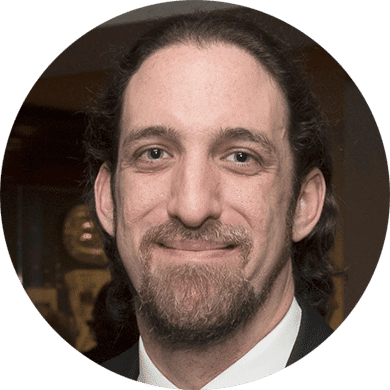
Reach 10,000 Jewish educational professionals. Advertise in the upcoming issue of Jewish Educational Leadership.
Do you want to write for Jewish Educational Leadership? See the Call for Papers for the upcoming issue.
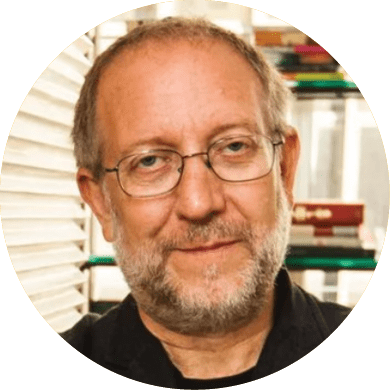
Understanding the New Antisemitism with Yossi Klein Halevi – 2024 Update 📄🎬
I think we’re experiencing a phenomenon that we can call massacre denial or massacre trivialization. And I don’t like Holocaust comparisons to Israel’s situation. But in one way I do believe that a Holocaust analogy is legitimate and that is in in how the historicity of October 7th is being treated and the uniqueness of October 7th. What makes October 7th unique is that it was not a pogrom, these were premeditated atrocities. And the purpose of the atrocities, was to instill terror. So what is happening to the memory of October 7th, the understanding of what October 7th was, is very similar to what Holocaust memory has been subjected to in large parts of the world.
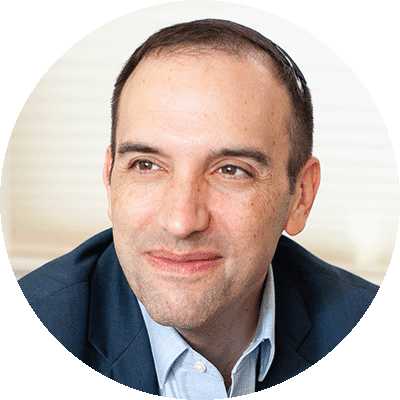
From Fear to Resilience – 2024 🎬
The whole world has changed. I feel like we’re at a historic moment for the Jewish people. This is one of the major, major dividers within the Jewish world today. Those who have never really known Jewish vulnerability and those who know it and feel a deep in their kishkes. And I think that divide has been kind of blown up right now. We’ve known through the statistics that antisemitism has been on the rise for the last many years. And I think Pittsburgh, Tree of Life, really changed in some ways the American Jewish condition. It kind of woke us up to the fact that it can happen here.
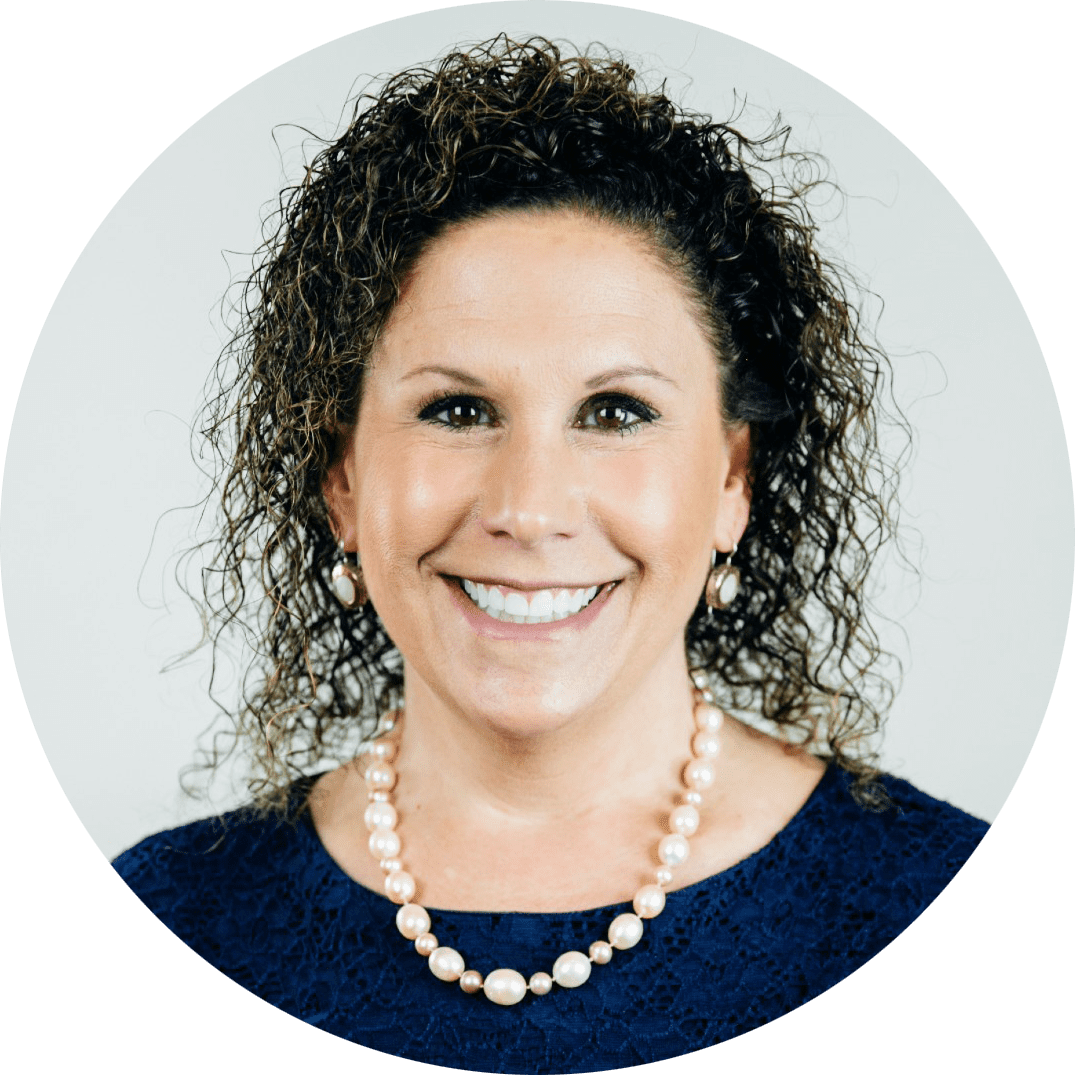
Building Jewish Strength – 2024 🎬
I think among the things that are concerning for me is that the people that I work with, and I’m in a Reform congregation, we’re a very large community with a lot of diversity within that community. I think that what is particularly concerning to me is that our people are so caught off guard and surprised. That all of the sudden in 2023, all of the sudden it’s as if there wasn’t antisemitism before October 7th. We either had our heads in the sand or we were just kind of in a position of not really acknowledging the extent to which antisemitism is still a part of the human existence. I won’t say the Jewish existence because I think antisemitism and anti- antisemitism is more than a Jewish concern.
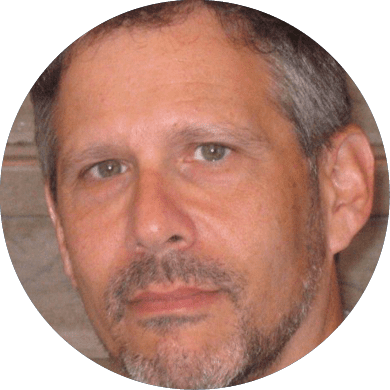
Confronting the Campus Crisis – 2024 update 📄🎬
I think what we’re seeing now is a globalization of antisemitism and it’s become a mass movement in the name of anti-Israel activism, in the name of anti-Zionism, which is not to say that anti-Zionism automatically equals antisemitism, but the way that anti-Zionism is expressed particularly now, is in an antisemitic way. One example, for instance, maybe you would a draw a Venn diagram and you would have a big circle and that big circle says criticism of Israel. Then you have another circle, which is antisemitism, and then you have a bit of an overlap. And the overlap seems to have increased recently. Why that is, is because Hamas is in itself an antisemitic organization.
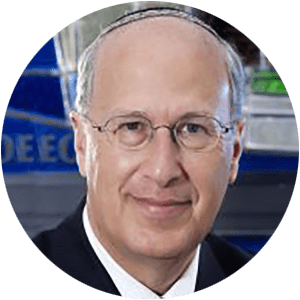
Antisemitism, Debating a Lie – 2024 🎬
The most concerning thing I find about the uptick in antisemitism is the lack of knowledge on the part of Jewish students and others about the real history of the situation. The kids don’t know how to have a cogent debate. They don’t have the knowledge. They don’t have the history to truly stand up and speak truth to lies. And that actually is the most disturbing thing. If there’s violence, it’s obviously extremely disturbing. But I’m not as worried about that as the long term issues, both on college campuses and now on high school campuses, where the lack of knowledge and the level of ignorance is so profound that I think we are in a strategically dangerous spot with our youth who don’t know.
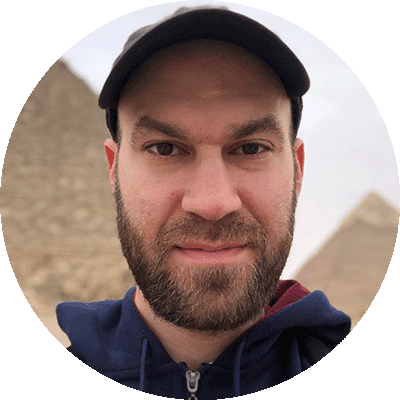
Seeing Antisemitism Clearly – 2024 🎬
The time when my thinking on antisemitism changed the most in the last five years was actually 2021, not now. In 2021, we had a similar situation on a smaller scale to what we have now, which is Israel and Hamas fighting and violence against Jews outside Israel. Hate crimes, attacks both at protests but also just on the street. And the thing that changed my thinking the most was not fighting in Israel and was not even those attacks. But it was how the reaction to those attacks from people who are most likely to stand up for minority groups who are being subjected to racism or prejudice was anything ranging from apathy to justifying or contextualizing the violence.
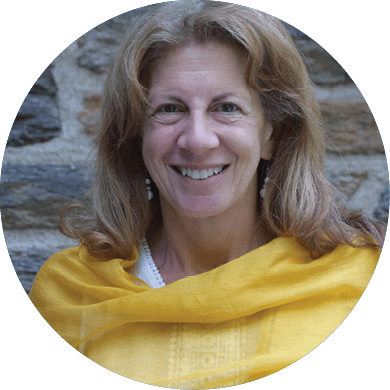
Antisemitism – So Close to Home – 2024 Update 📄🎬
I appreciate the opportunity, unfortunately, to revisit the question of antisemitism and the Jewish day school landscape. And it was almost like looking back at an innocent time to think about the Pittsburgh experience, which is what I wrote about, the proximity of my experience to the three congregations that were massacred in the Tree of Life building. At that time I definitely had it in the context of, well, I’m not surprised. I’m a child of Holocaust survivors. This is going to happen periodically. The big difference was the feeling that the world and the communities and the rational universe were very empathetic and sympathetic to what happened to the Jews in our community.
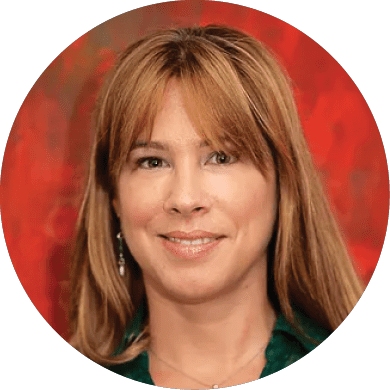
Antisemitism and Identity – 2024 Update 📄🎬
So the question was, in the last two years, has your thinking on antisemitism changed? And the answer is very straightforward. My thinking has not changed whatsoever. I knew that antisemitism is an issue, even though people around me have been minimizing and denying it and now it’s just out. It’s clear that there is bias even among people who are not necessarily antisemitic. It seems like there is a radicalization among younger people. I’m wondering to what extent education has to do with it. I got my Ph.D. here and I’ve seen the environment. There seems to be also a lot of misinformation at least on the school campuses or university campuses.

Caring for Our Students & Ourselves in the Face of Antisemitism🎬
Jewish educators are dealing with antisemitism on two levels. We are dealing with our own shock, fear, anger, and uncertainty. And at the same time, we need to be able to address antisemitism in our classrooms, camps, or youth groups. We need to help our students feel safe and supported, and we need to make sure they have some tools in their arsenal to rely upon. While there are so many questions, many without answers, there are some things that we can do right now to help our students feel safe and supported. This series of videos from The Lookstein Center at Bar-Ilan aims to give educators tools for helping our students through these troubling times.
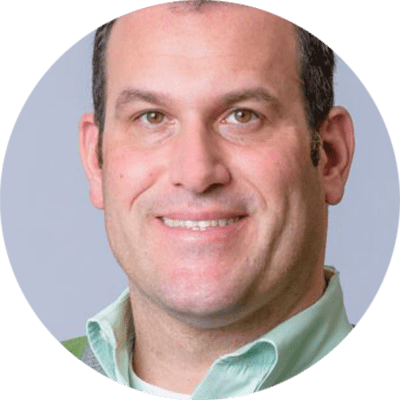
Insights From College Guidance in the Wake of October 7th – 2024 📄
I have been privileged to work at SAR High School since 2007, assisting many hundreds of graduates with the college admission process. It has been a true labor of love, helping a student discover the institution that could be their perfect match for four transformative and memorable years. Front and center in the admission process has always been a student’s growth as a Modern Orthodox Jew, with considerations like kosher food, daily minyanim, Hebrew language and Jewish studies departments, Torah learning opportunities, and Israel advocacy coming into play as much as academics and student life.
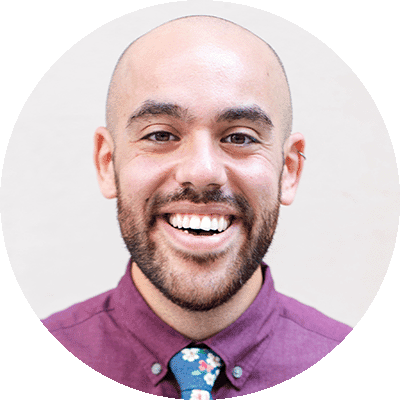
Reflections on College Guidance after October 7th – 2004 📄
This all happened at a very interesting time in the college application cycle. When the war started and we started seeing anti-Israel and antisemitic activity happening across the country, our immediate thought in the Milken college admissions office went to students applying early decision to schools, because that’s a binding contract—if you’re admitted, you have to attend. October 7th was a month before early decision, early applications were due, and we had to do triage for those students. For students who were not applying early decision the timing wasn’t as critical.
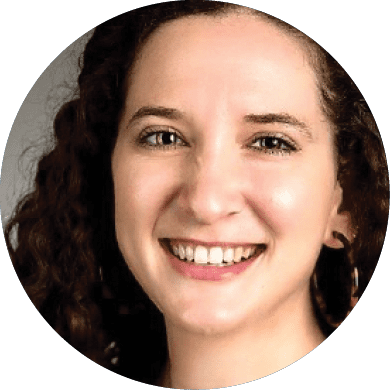
Proud, Progressive, Zionist: An Interview With Sara Liss 📄
Zioness is a movement of Jewish activists and allies who are unabashedly progressive and unapologetically Zionist. Our whole goal is to ensure that there is always a space for Jews and Zionists in the progressive movement and in the progressive world, which is where most American Jews naturally find themselves politically anyway.


